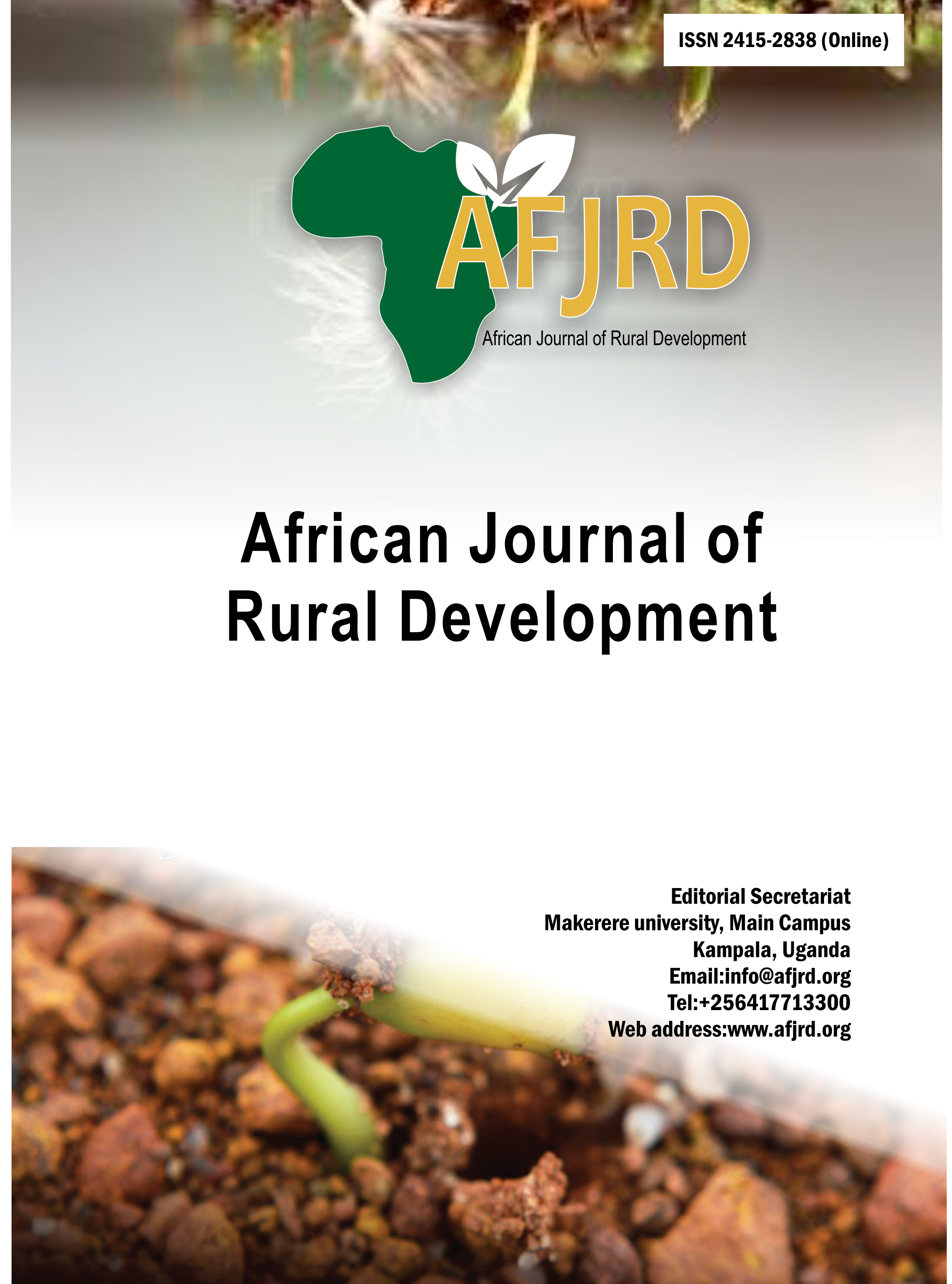Conclusions and Lessons learned from the USDA-FAS Scientific Exchange Program: “Establishing and Harmonizing Sanitary and Phytosanitary Regulatory Regimes across the Eight Regional Economic Communities of the African Union “
Main Article Content
Abstract
The concluding paper ties all the papers together. Two highly experienced co- editors on the USDA-FAS Scientific Exchange program (SEP), Prof. Khaitsa and Dr. Bagumire, distill the key lessons emerging from the SEP and their implications for sub-Saharan Africa and elsewhere. The USDA SEP benefitted the USDA's agricultural researchers and SPS scientific personnel as well as SPS experts and agricultural professionals of African member states, RECs and the African Union Commission (AUC). The fellows were empowered by the SEP and on return home, they advocated sound SPS policies to peers, decision-makers, and the public through training and offering a series of workshops. Fellows got certification in skills acquired during their training in the US such as Hazard Analysis and Critical Control Points (HACCP) and Preventive Controls Qualified Individual (PCQI). Other significant achievements for the fellows included publication of peer reviewed papers in a special issue of the African Journal of Rural Development (AFJRD). Challenges experienced include a delay in starting the project due to COVID-19 pandemic, insufficient funding to facilitate implementation of research agendas developed by fellows and faculty mentors from Mississippi State University (MSU), and change in administration and policy in the US on use of federal grants. A few MSU faculty could not reciprocate visits to fellows’ home countries in Africa due to unexpected circumstances - fortunately, other faculty substituted them. Lessons learned include use of trained staff in international programs office and provision of resources to support the SEP inception, implementation including budgeting for fellows’ research agendas.
Article Details

This work is licensed under a Creative Commons Attribution 4.0 International License.
